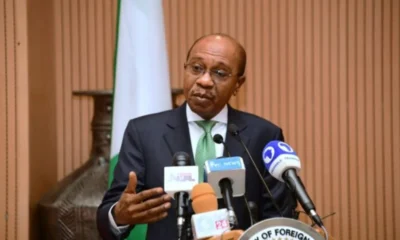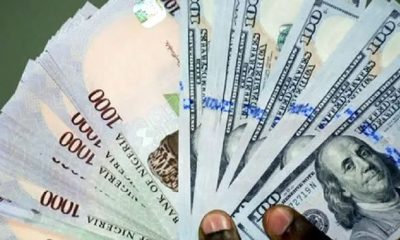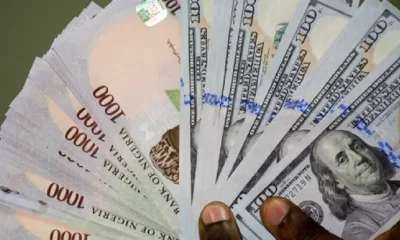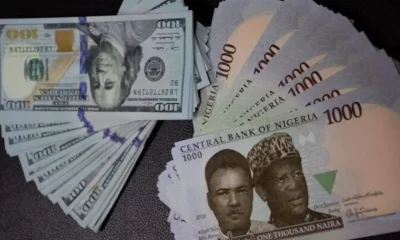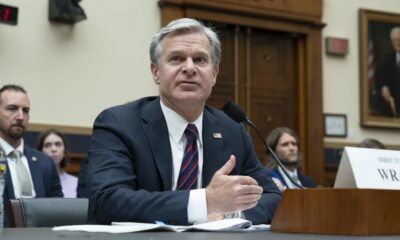NEWS
Cryptocurrencies multiplies illegal activities, no reversal – CBN insists
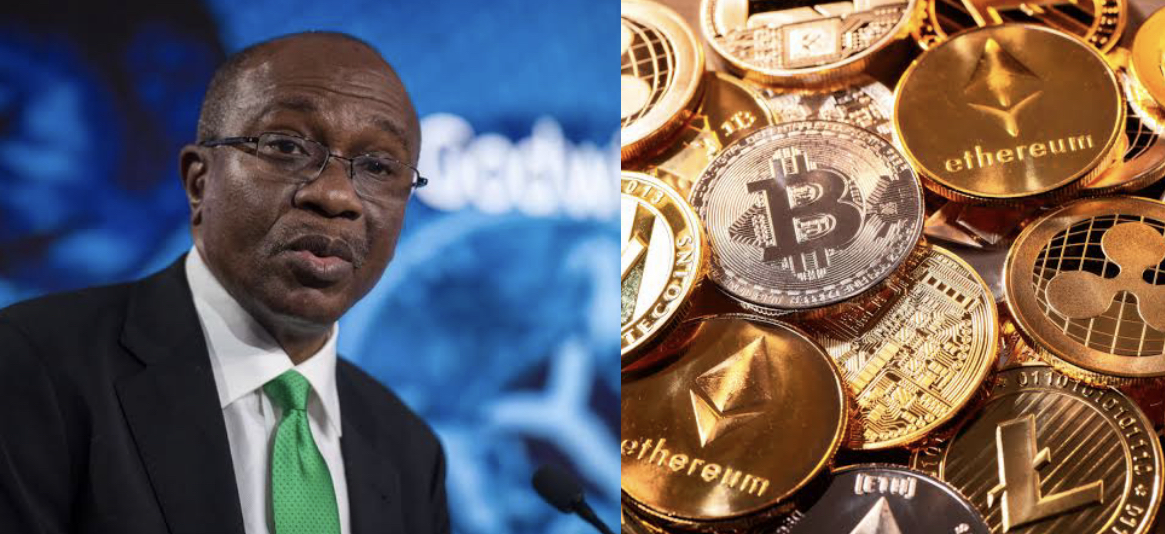
Central Bank of Nigeria has said no going back on the ban of cryptocurrencies as it swiftly multiplying illegal activities and risks, among other reasons.
It said this on Sunday in a statement regarding various comments and reactions following its recent reminder to Deposit Money Banks to desist from transacting in/and with entities dealing in cryptocurrencies.
The CBN stated, “The recent regulatory directive became necessary to protect the financial system and the generality of Nigerians (including the youth population) from the risks inherent in crypto assets transactions, which have escalated in recent times, with dire consequences for the integrity of the financial system and financial stability.
“Due to the fact that cryptocurrencies are largely speculative, anonymous and untraceable they are increasingly being used for money laundering, terrorism financing and other criminal activities.
“Small retail and unsophisticated investors also face high probability of loss due to the high volatility of the investments in recent times.
“In light of these realities and analyses, the CBN has no comfort in cryptocurrencies at this time and will continue to do all within its regulatory powers to educate Nigerians to desist from its use and protect our financial system from activities of fraudsters and speculators.”
The CBN said for those who were not conversant with the universe of cryptocurrencies, it was important to state that cryptocurrencies “are digital or virtual currencies issued by largely anonymous entities and secured by cryptography.”
It stated, “Cryptography is a method of encrypting and hiding codes that prevent oversight, accountability, and regulation.
“While there are a number of cryptocurrencies now in circulation, Bitcoin was the first to be introduced in 2009, and now accounts for about 68 percent of all cryptocurrencies.
“As regards our recent policy pronouncement, it is important to clarify that the CBN circular of February 5, 2021 did not place any new restrictions on cryptocurrencies, given that all banks in the country had earlier been forbidden, through CBN’s circular dated January 12, 2017, not to use, hold, trade and/or transact in cryptocurrencies.
“Indeed, this position was reiterated in another CBN press release dated February 27, 2018.”
The CBN said its position on cryptocurrencies was not an outlier as many countries, central banks, international financial institutions, and distinguished investors and economists had also warned against its use.
It stated that they had all made similar pronouncements based of the significant risks that transacting in cryptocurrencies portend which include risk of loss of investments, money laundering, terrorism financing, illicit fund flows and criminal activities.
It stated that China, Canada, Taiwan, Indonesia, Algeria, Egypt, Morocco, Bolivia, Kyrgyzstan, Ecuador, Saudi Arabia, Jordan, Iran, Bangladesh, Nepal and Cambodia had all placed certain level of restrictions on financial institutions facilitating cryptocurrency transactions.
The Association of Bureaux De Change Operators of Nigeria has given its backing to the Central Bank of Nigeria’s policy mandating banks to close all accounts belonging to cryptocurrency traders.
It said this in a statement on Sunday titled ‘ABCON backs CBN’s cryptocurrency trading ban for stronger anti-money laundering compliance’.
The President, ABCON, Alhaji Aminu Gwadabe, said the regulator acted fast to curtail an emerging dangerous trend capable of eroding Nigeria’s Anti-Money Laundering and Counter-Terrorist Financing gains.
He said that before placing a ban on financial dealings that did not conform with the norm, the regulator must have got a financial intelligence on such operations, as seen in kidnappers now collecting bitcoin for ransom.
Gwadabe said the new changing global behaviour towards cryptocurrency trading in Nigeria was not in tandem with Nigeria’s AML/CFT compliance structure as the country battled to move out of the Financial Action Task Force sanctions list.

